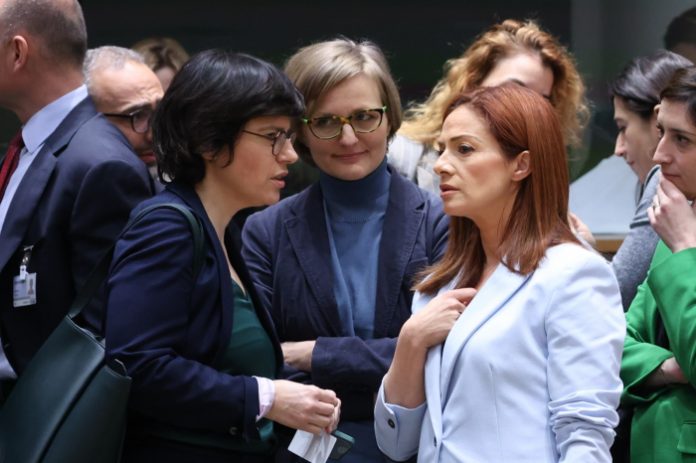During a Council meeting of EU energy ministers held in Brussels, Minister for Environment, Energy and Enterprise Miriam Dalli, reiterated Malta’s position on the need to decouple gas prices from electricity prices. As things stand today, electricity prices are set by the market hourly closing prices which is usually determined by the electricity generated by gas power plants and hence by gas prices.
The EU Energy Council meeting discussed the new European Commission proposal for a new electricity market design, the gas and hydrogen package, and the gas demand reduction.
On the new electricity market design proposal, Minister Dalli highlighted the need to reform the EU electricity market, as States like Malta are exposed to high electricity prices due to the way the EU electricity market operates, even though the Maltese consumer is protected from fluctuating prices through government measures.
Minister Dalli emphasised the importance of delivering a revised market design that ensures price stability and guarantees the security of supply in the long run – the benefits of which should effectively be shared amongst all EU consumers, including consumers in Member States that are dependent on cross-border markets, like Malta.
The discussions on the Electricity Market Design are set to continue in the coming weeks and months.
Meanwhile, Energy Ministers agreed to extend for another year the regulation on coordinated gas demand reduction for gas. This aims to reduce EU dependency on Russian gas and prepare for the forthcoming winter season. Malta had successfully negotiated a derogation from a European Commission proposal that imposed a 15% reduction in demand for natural gas. This derogation was necessary as Malta is heavily dependent on electricity, and any mandatory reduction would have had a negative impact on families and businesses. Through this extension regulation, Malta has negotiated to retain its derogation.
Ministers also reached a position on the gas and hydrogen package. The proposals seek to facilitate the penetration of renewable and low-carbon gases into the energy system, enabling a shift away from natural gas and allowing these new gases to play their role towards the goal of EU climate neutrality in 2050.
Photo: MEEE










